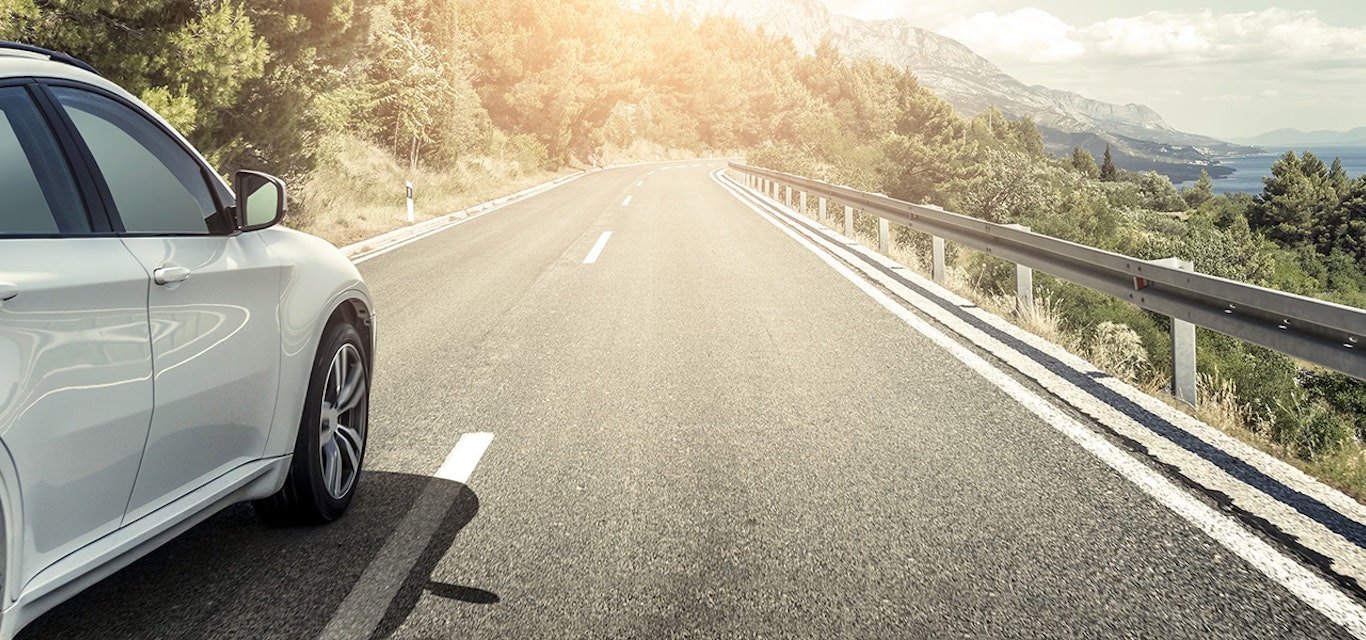Our cars are getting safer
The way we travel has changed dramatically in recent years, not just our roads and the number of people on them, but the safety of the cars we drive.
Looking back over the past 10 years, we've made some incredible leaps in car safety, which have contributed to a decline in deaths and injuries for motorists, pedestrians and cyclists.
Features such as crumple zones, seatbelts and airbags all provide protection if you have a crash, while active safety assist technologies can prevent you from having one altogether.
Car safety features fall into three categories:
1. Structural integrity
This is how a vehicle's frame absorbs crash energy and channels it through the car itself, rather than its passengers. The inside of the car will even keep its shape to protect those inside.
Improved structure also prevents the steering column, dash, roof pillars, pedals and floor panels from moving and injuring passengers. Doors also remain closed during a crash.
2. Passive safety features
These include built-in safety features and crash protection features such as:
Driver, passenger and curtain airbags
Electronic stability control
Anti-lock braking systems
Traction control
Seatbelts and seatbelt pre-tensioners
Rollover protection
Fatigue assistance
3. Safety assist technologies
These include semi-autonomous and autonomous safety technologies which assist the driver in avoiding or reducing the severity of a crash. These include:
Autonomous emergency braking
Blind spot monitoring
Active lane keep assist
Intelligent speed adaptation
Intersection collision warning
These features are assessed by ANCAP (Australasian New Car Assessment Program), which rates each vehicle entering the Australian market from 0-5 stars.
ANCAP does this through a series of safety assessments, including a range of crash tests, which assess vehicle structural integrity as well as safety features.
We strongly encourage you to do some research and buy the safest car you can afford, ideally with a minimum rating of 4-stars.
The average age of vehicles in Tasmania is over 12 years, which is the oldest in Australia. Safety technology has come a long way over the last 12 years so perhaps we are not as safe on the road as we could be.
For more information visit the ANCAP website.
